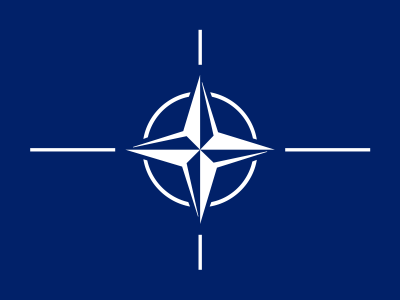Israeli Think Tank: Don’t Destroy ISIS; It’s a “Useful Tool” Against Iran, Hezbollah, Syria

According to a think tank that does contract work for NATO and the Israeli government, the West should not destroy ISIS, the Islamist extremist group that is committing genocide and ethnically cleansing minority groups in Syria and Iraq.
“The continuing existence of IS serves a strategic purpose,” wrote Efraim Inbar in “The Destruction of Islamic State Is a Strategic Mistake,” a paper published on Aug. 2.
By cooperating with Russia to fight the genocidal extremist group, the United States is committing a “strategic folly” that will “enhance the power of the Moscow-Tehran-Damascus axis,” Inbar argued, implying that Russia, Iran and Syria are forming a strategic alliance to dominate the Middle East.
“The West should seek the further weakening of Islamic State, but not its destruction,” he added. “A weak IS is, counterintuitively, preferable to a destroyed IS.”
Inbar, an influential Israeli scholar, is the director of the Begin-Sadat Center for Strategic Studies, a think tank that says its mission is to advance “a realist, conservative, and Zionist agenda in the search for security and peace for Israel.”
BESA also says it “conducts specialized research on contract to the Israeli foreign affairs and defense establishment, and for NATO.”
In his paper, Inbar suggested that it would be a good idea to prolong the war in Syria, which has destroyed the country, killing hundreds of thousands of people and displacing more than half the population.
Read Complete article on Salon

